In Brussels, Chairman Bilawal Speaks the Language of Peace
By Sania Kamran
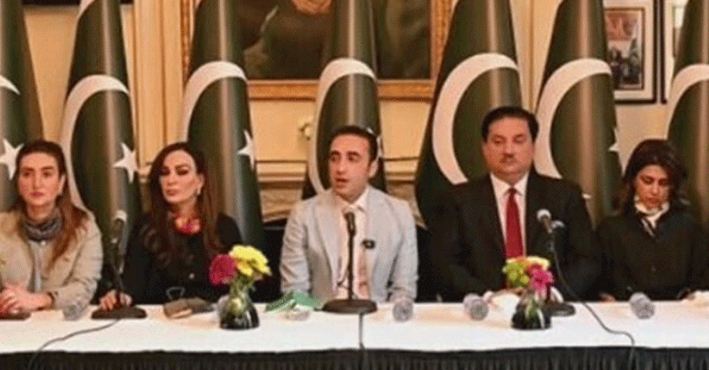
In an era where sabers are rattled louder than sanity speaks, where diplomacy often feels like an afterthought, Bilawal Bhutto Zardari is daring to say what few in power will: peace is not weakness—it is wisdom. His recent address in Brussels, amid a tense South Asian climate, was not just a press conference. It was a statesman’s stand.
The former foreign minister and Chairman of the Pakistan Peoples Party stood before the international press with a composure that betrayed neither fear nor fury. Instead, he offered what has become increasingly rare on the global stage—clarity. "War is not the solution to any problem," he said, as though reminding the world of something it had long forgotten.
But this was more than rhetoric. Bilawal’s words came layered with history, context, and the weight of a fresh yet maturing political vision. Standing at the heart of Europe’s diplomatic capital, he issued a timely warning: without dialogue, the India-Pakistan relationship will only grow more combustible. In doing so, he not only defended Pakistan’s position but reframed it—assertive yet conciliatory, firm yet forward-looking.
It’s not an easy time to preach peace. The subcontinent is once again rattling with tension after violence in Pahalgam triggered yet another round of accusations, escalation, and confrontation. New Delhi, as always, pointed fingers toward Islamabad. Pakistan responded with a defensive operation, one that ended with a ceasefire but left no room for illusions: without real talks, the silence won’t last.
And that’s where Bilawal’s voice finds its weight—not in naïve idealism, but in seasoned realism. He acknowledged Pakistan’s military response, but stressed its necessity, not its glorification. He made clear that Pakistan wants peace—but not at the cost of its sovereignty, dignity, or silence on Kashmir. The challenge, he underscored, lies not just in conflict but in India’s stubborn refusal to talk.
For decades, Pakistani foreign policy has often oscillated between apology and aggression. Bilawal, however, seems to be carving a third path—an assertive diplomacy anchored in internationalism. His tours across Washington, London, New York, and now Brussels have not been ceremonial. They’ve been strategic. He’s not just speaking to governments; he’s speaking to consciences.
He is, notably, one of the few Pakistani leaders in recent history who understands that public diplomacy is as important as closed-door negotiations. In Brussels, he didn’t just defend Pakistan’s stance; he warned against the rising tide of war as default. Whether speaking on Kashmir, water disputes, or even Iran and Palestine, his thread was clear: perpetual conflict benefits no one.
Perhaps his most prescient remarks were about India’s attempt to weaponize water—an alarming development given New Delhi’s decision to suspend parts of the Indus Waters Treaty. This is not just political posturing; it's environmental brinkmanship. Bilawal was right to call it a provocation with potentially irreversible consequences.
What makes Bilawal’s approach different is the breadth of his diplomacy. His criticism of Israel’s strikes in Palestine and his calls for restraint on the Iranian border prove that he isn’t trapped in a single regional lens. He’s thinking globally, speaking morally, and acting politically. For a 36-year-old, that’s a rare trifecta.
One might argue that Bilawal Bhutto Zardari’s rhetoric is hopeful. But hope, when tied to strategy, is not naïve—it’s necessary. In a time when war is too easily waged and too rarely questioned, leaders like him are essential not for their perfection, but for their perspective.
Pakistan’s image abroad has too often been painted by others. Bilawal is reclaiming that brush. And he is painting in broad strokes: Kashmir, water, regional peace, dialogue, justice—not just headlines, but a comprehensive plan.
In the noise of nationalism and the bluster of bombs, Bilawal’s voice rings with something rare: reason. The world would do well to listen.
— Sania Kamran is a Former MPA and Leader Pakistan Peoples Party
Comments
Most Read
U.S. Ambassador Expresses Interest in Visiting Koh Samui — Ranked 7th Best Island in the World by Travel + Leisure
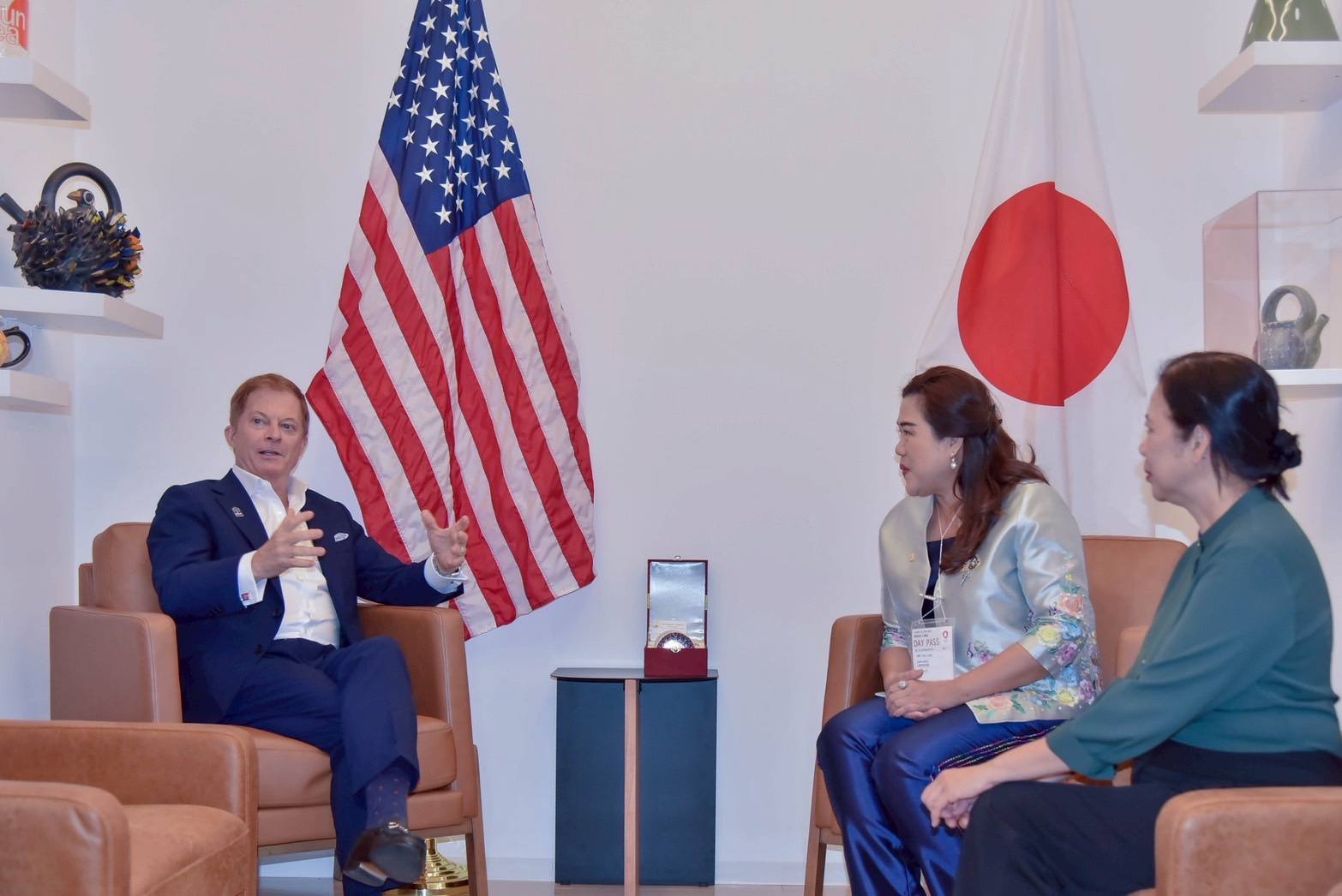
President Zardari Pays Homage to Martyred Army Officers in Bannu and South Waziristan
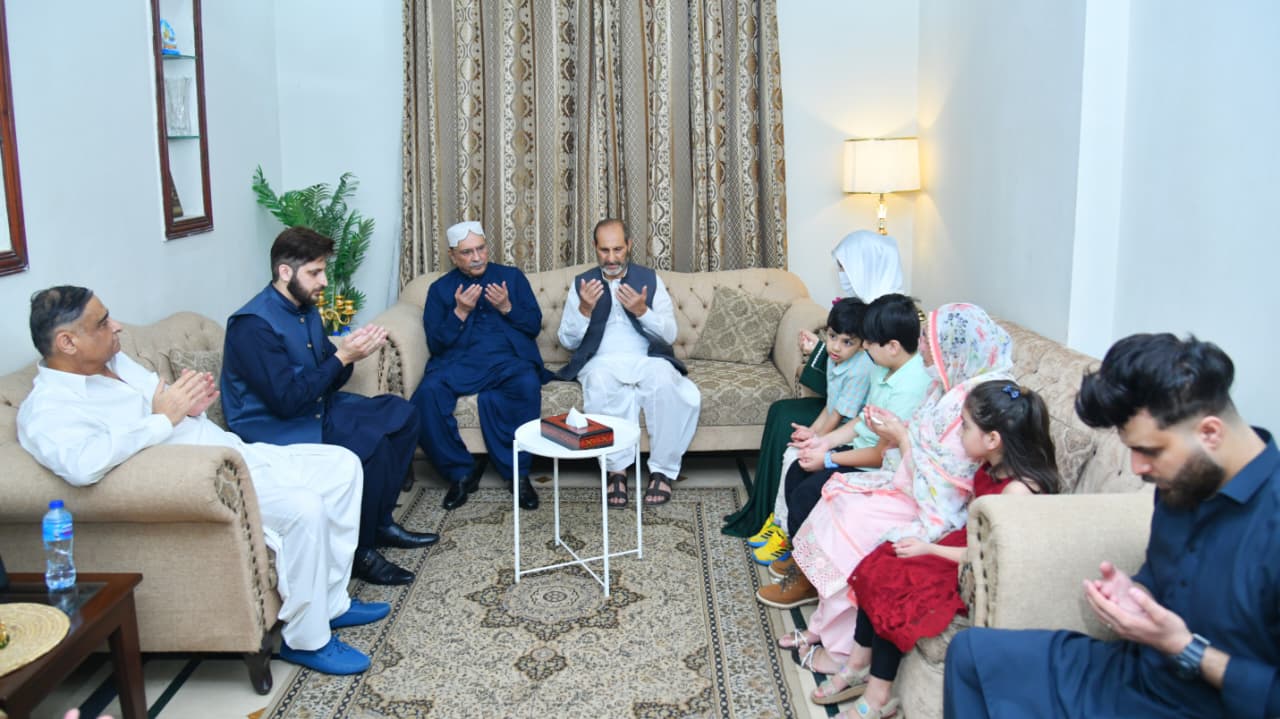
Pakistan Embassy in Thailand to Hold Khuli / E-Kachehri for Community
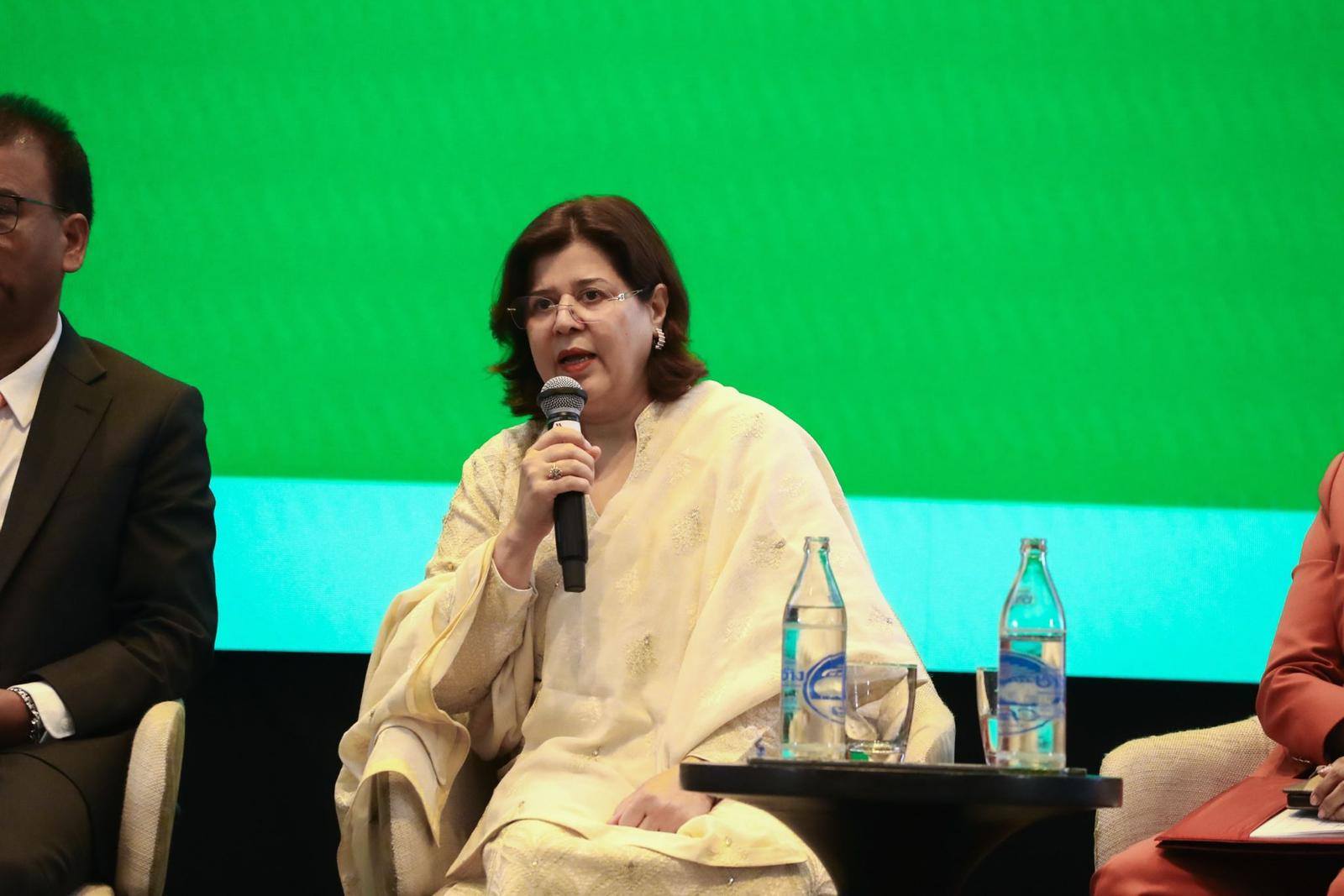
PPP Demands Agriculture Emergency and Immediate Relief for Flood Victims
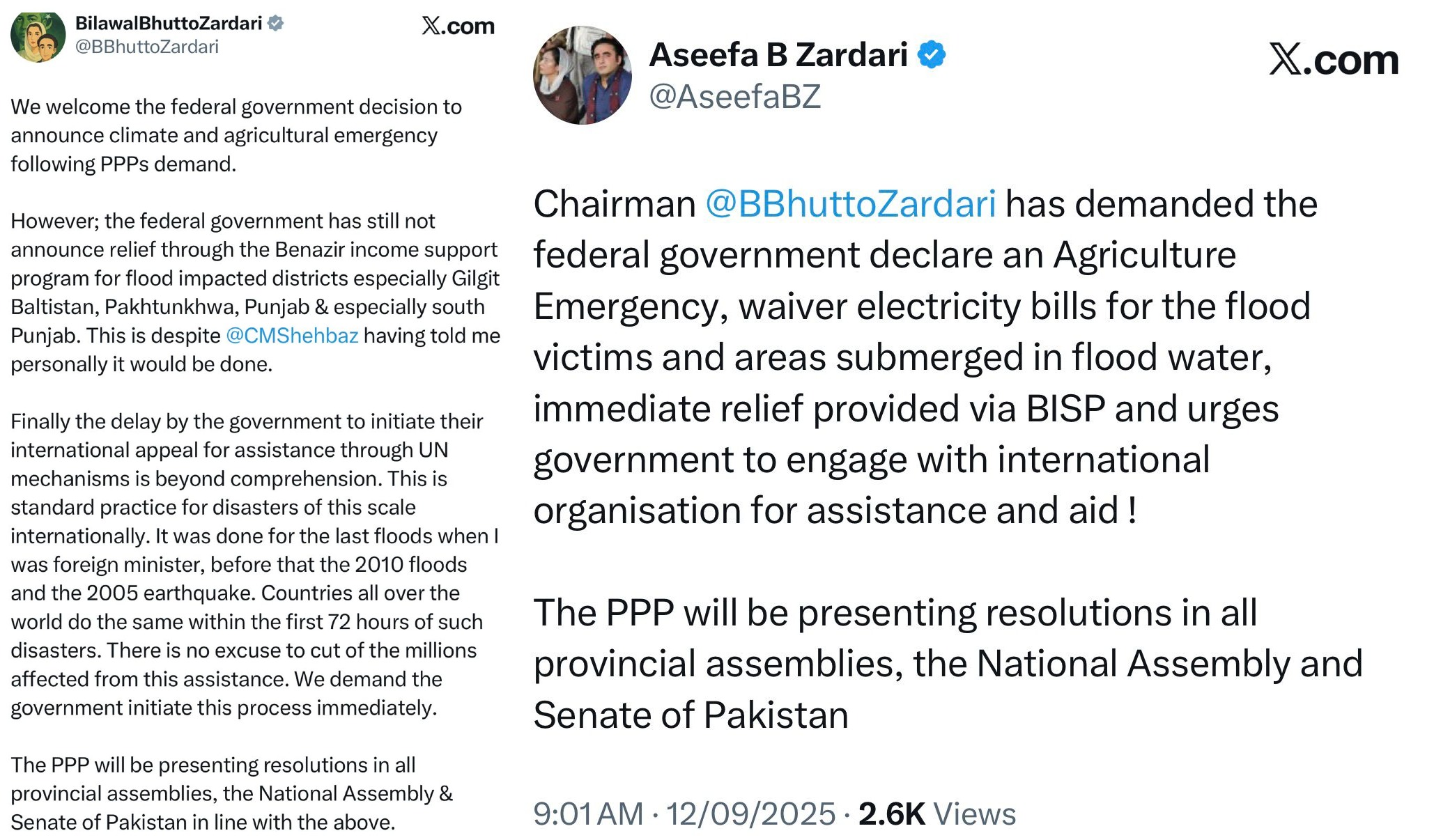
President Zardari Commends Security Forces on Elimination of Indian Proxy Terrorists
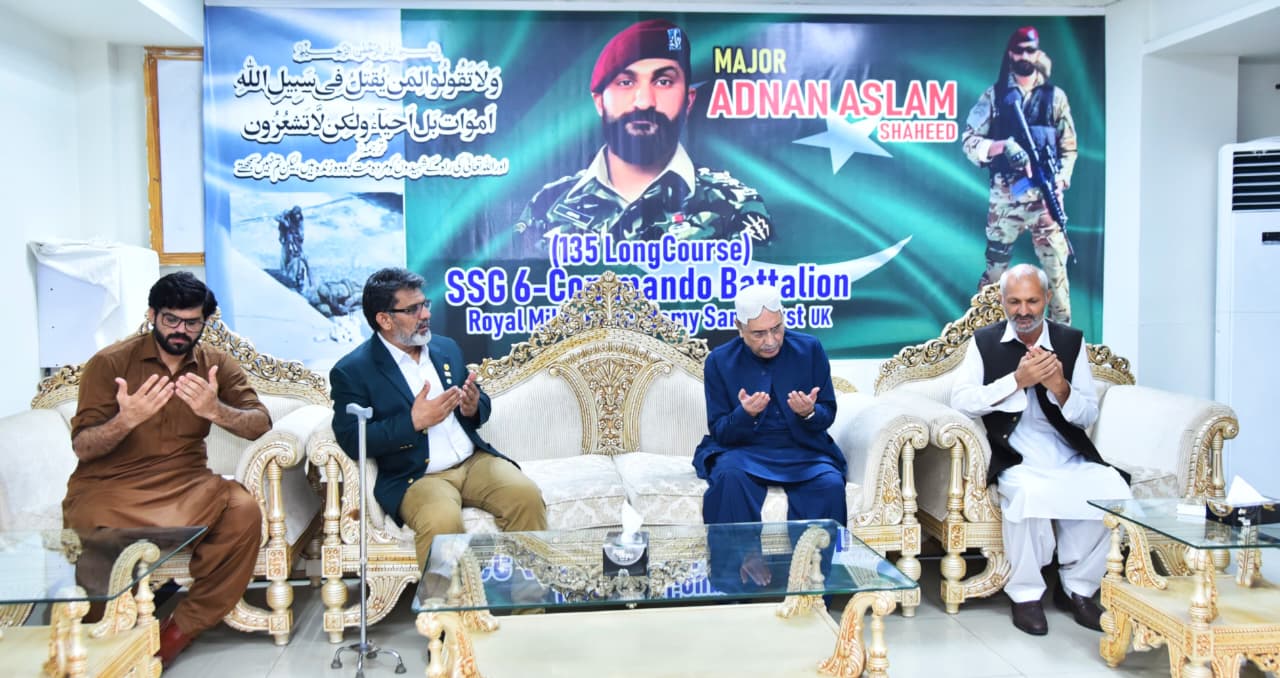
Important Seminar Held on 23rd Death Anniversary of Father of Socialism Sheikh Rashid
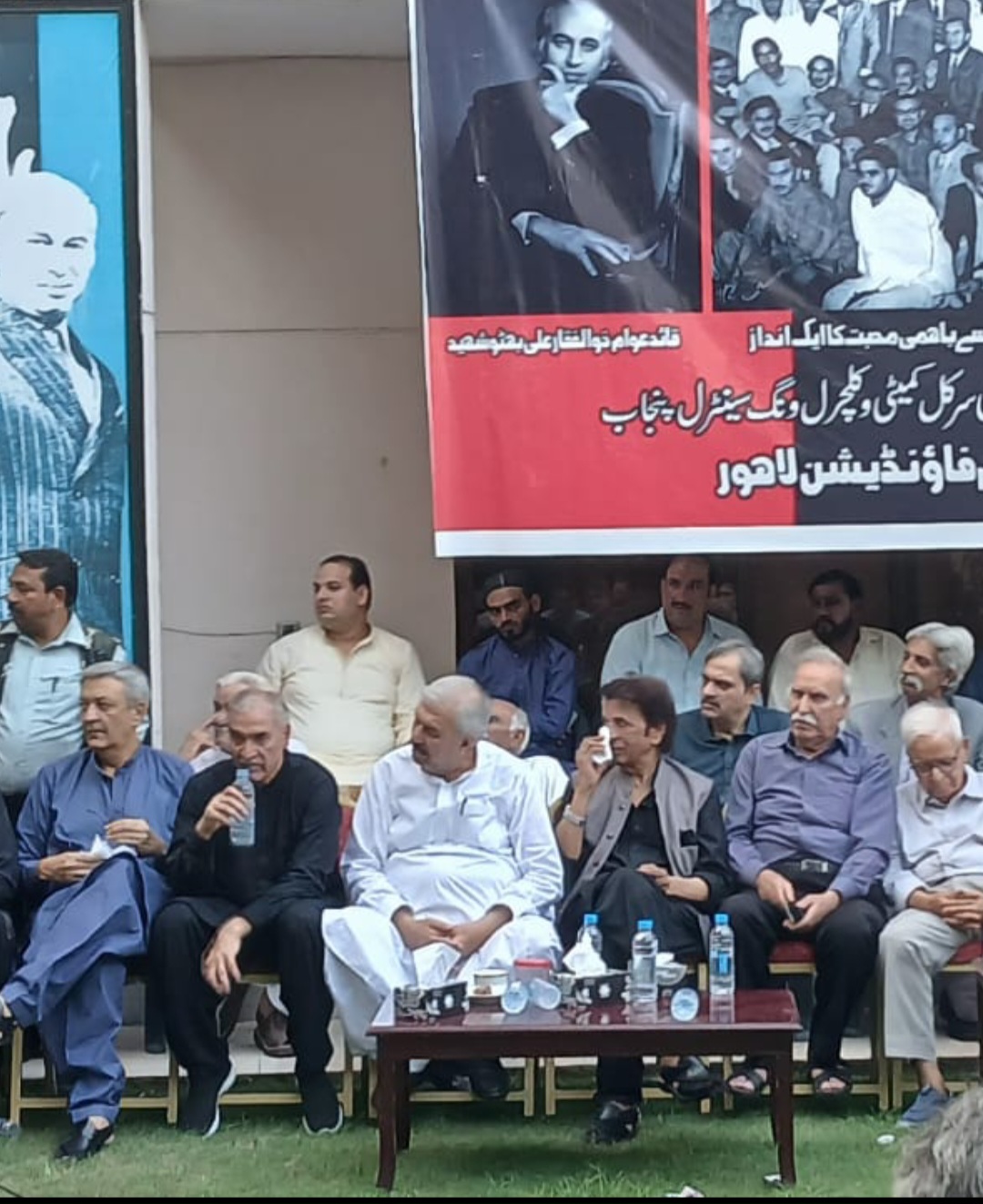
PPP Demands Government Utilize BISP Data for Flood Victim Relief Distribution
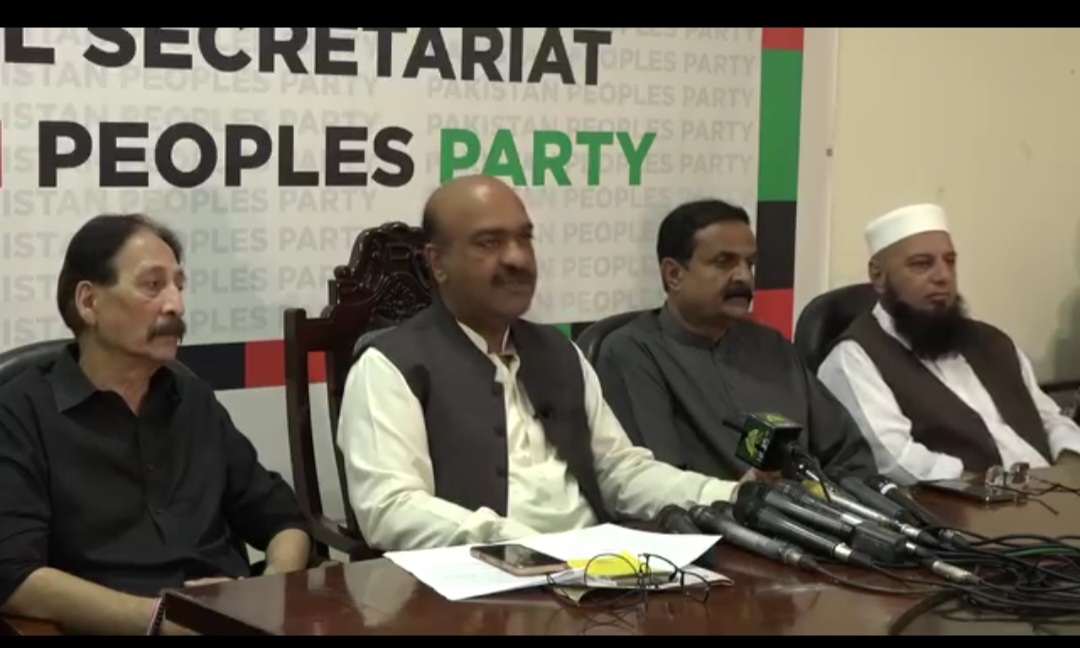

No comments yet.